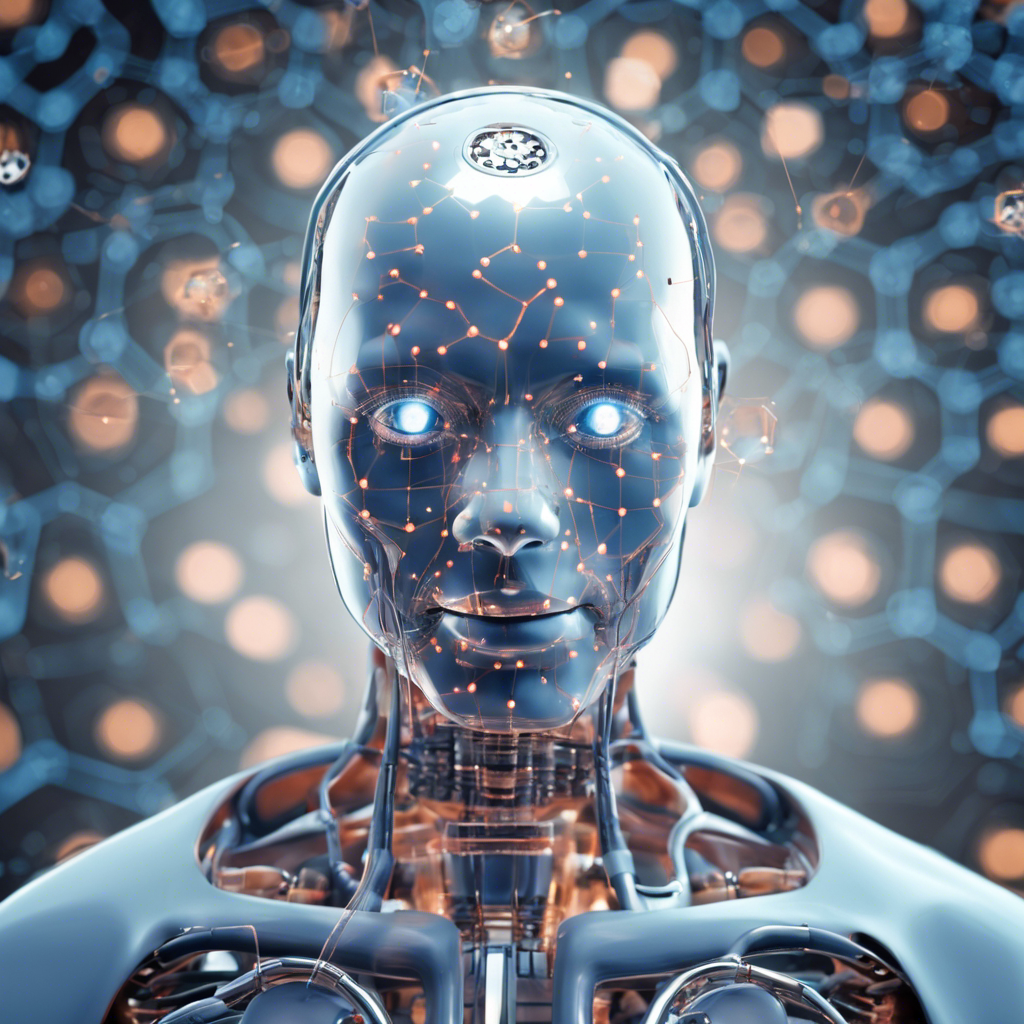The Rise of Artificial Intelligence in Healthcare

How AI is revolutionizing the healthcare industry
In recent years, the healthcare industry has witnessed a remarkable transformation with the advent of artificial intelligence (AI). From diagnosing diseases to developing personalized treatment plans, AI is revolutionizing the way healthcare professionals deliver care. With its ability to process vast amounts of data and learn from patterns, AI has the potential to improve patient outcomes, reduce costs, and enhance the overall quality of healthcare. In this article, we will explore the various applications of AI in healthcare and delve into the opportunities and challenges it presents.
1: Diagnosing and Predicting Diseases
AI algorithms have shown remarkable accuracy in diagnosing diseases, often outperforming human doctors. By analyzing medical images, such as X-rays and MRIs, AI systems can detect abnormalities and identify potential diseases at an early stage. For instance, a study published in Nature Medicine found that an AI algorithm developed by Google’s DeepMind could detect breast cancer with a higher accuracy rate than human radiologists. AI also has the potential to predict diseases by analyzing patient data and identifying risk factors. This proactive approach can lead to early intervention and better patient outcomes.
2: Personalized Treatment Plans
Every patient is unique, and their response to treatment can vary. AI enables healthcare providers to develop personalized treatment plans by analyzing patient data and identifying the most effective interventions. By considering factors such as genetics, medical history, and lifestyle, AI algorithms can recommend tailored treatments that are more likely to succeed. This not only improves patient outcomes but also reduces the risk of adverse reactions and unnecessary treatments. For example, IBM’s Watson for Oncology uses AI to analyze patient data and provide evidence-based treatment recommendations for cancer patients.
3: Streamlining Administrative Tasks
The administrative burden in healthcare is significant and often leads to inefficiencies and delays. AI can automate repetitive administrative tasks, such as appointment scheduling, billing, and medical coding, freeing up healthcare professionals to focus on patient care. Chatbots powered by AI can also assist patients by providing basic medical information, scheduling appointments, and answering frequently asked questions. This not only improves the patient experience but also reduces the workload on healthcare staff.
4: Drug Discovery and Development
Developing new drugs is a time-consuming and costly process. AI is revolutionizing this field by accelerating drug discovery and development. By analyzing vast amounts of data, including genetic information and clinical trial results, AI algorithms can identify potential drug candidates and predict their efficacy. This enables researchers to prioritize promising compounds and streamline the drug development process. For example, Insilico Medicine, a biotechnology company, uses AI to identify novel molecules for drug development, significantly reducing the time and cost required.
5: Ethical and Privacy Concerns
While the potential benefits of AI in healthcare are immense, there are also ethical and privacy concerns that need to be addressed. AI algorithms rely on vast amounts of patient data, raising questions about data privacy and security. Ensuring the responsible and ethical use of AI in healthcare requires robust regulations and safeguards to protect patient information and prevent misuse. Additionally, there are concerns about the potential biases embedded in AI algorithms, which could lead to disparities in healthcare outcomes. It is crucial to address these issues to ensure that AI is used in a fair and equitable manner.
Conclusion:
Artificial intelligence has emerged as a powerful tool in the healthcare industry, offering immense potential to improve patient outcomes and streamline healthcare delivery. From diagnosing diseases to developing personalized treatment plans, AI is transforming the way healthcare professionals approach patient care. However, it is important to address the ethical and privacy concerns associated with AI and ensure that it is used responsibly. As AI continues to evolve, it is essential for healthcare professionals, policymakers, and researchers to collaborate and harness its full potential for the benefit of patients worldwide.










